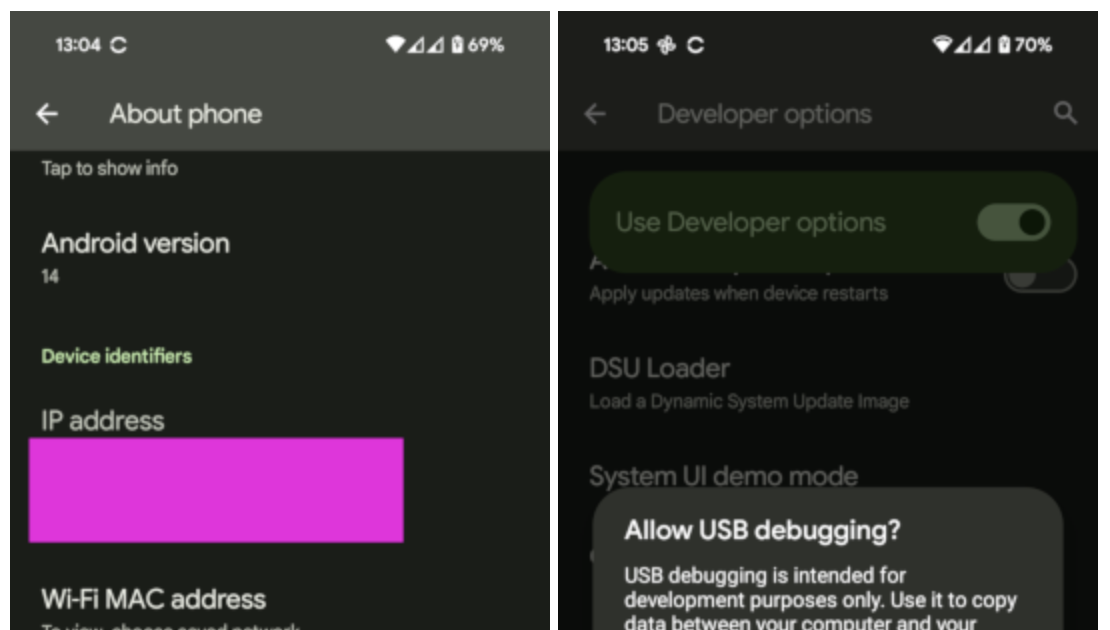SDFer '09
- 36 Posts
- 43 Comments

 13·2 months ago
13·2 months agoHmm wasn’t there some kerfuffle recently about how the kernel was going to start self-issuing CVEs en masse? Is this the result of that plan?

 7·3 months ago
7·3 months agoWell this 100% illegal art makes me happy so good job

 9·3 months ago
9·3 months agoIf you can write correct C++ you’ll be able to write Rust code that compiles first time. Don’t stress, you’re learning the good stuff.

 10·4 months ago
10·4 months agoIrfanView, now that’s the good stuff

 3·4 months ago
3·4 months agoI probably wouldn’t bother. I can think of two scenarios you might get spied on.
- Through your browser you’ve granted a website access to your webcam (Zoom etc.) and left a tab open. Maybe it could activate it when you weren’t expecting?
- Someone has used a vulnerability to take control of your computer to the degree it can access your webcam directly. Desktop linux software doesn’t usually have meaningful isolation between software running as the same user, so at this point they can grab all your data, passwords, take screenshots, etc. and the webcam is just the cherry on top.
I expect most people don’t do (1) very often, let alone for sketchy websites, so IMO it doesn’t make much difference either way.

 4·5 months ago
4·5 months agoSmart fridges are one thing but there are many innocent folk relying on internet services to do normal and important things involving sensitive data - talk to family and friends, access healthcare, attend work, do their banking, school and childcare enrolments, even insurance. Should these things be replaced by rooms full of filing cabinets? Maybe, I dunno, that’s a big call. Short of substantial collapse that renders the internet unavailable, these sort of things will continue to be online and ordinary people deserve all the security they can get. If you’re working in cybersecurity to help people like this, then that is totally ethical in my view.
If you’re lucky maybe you can land a role with some direct permacomputing aspects - reduce hardware requirements, simplification of systems, maintaining old hardware to maximise lifespan. But just avoiding roles where you or your organisation is encouraging people to view more ads or buy more stuff would be a good start.
This is one scenario I proposed when we were last having this discussion: https://thomask.sdf.org/blog/2023/07/07/if-i-was-meta-and-wanted-to-make-fedi-implode.html
N=1 but outbound federation just worked for me in a post. It seems some work was done just recently including an upgrade to -rc.8.
It’s best not to think of SDF admins in binary terms like “present” or “absent”. They are an undulating force which makes changes here and there and we’re all along for the ride.
*A formerly chill laid back community up until someone posted it on Lemmy 😀

 2·8 months ago
2·8 months agoI was comparing frozen diced veggies a couple of years back (in Australia) and noticed that the store-brand version was approximately 1/3 broccoli stems by volume, which certainly explained the cost difference.

 48·8 months ago
48·8 months agoThat is the discussion. Microsoft is pretending by making it the upgrade path for two products which actually are local, and hoping users won’t notice.

 151·8 months ago
151·8 months agoHonestly I’m glad they highlighted the telemetry. I went through the local report about what’s included and while it’s not an upsetting level of detail, it’s more comprehensive than I would have opted in to if asked.
Still, as sibling points out it’s in a completely different league from slurping up your IMAP creds, something which has always been local-only data. This is the second time I know of recently where MS has trampled on this kind of local-only expectation - the other was Edge defaulting to sending the contents of textboxes you’re filling out on webpages to the MS cloud for spelling and grammar checks. Thunderbird is still a sound recommendation, and unlike Microsoft, I trust that if I uncheck the telemetry box they’re not going to try to get me some other way.
Can confirm - a comment I made to a lemmy.world community around an hour ago hasn’t shown up on that server yet.
Edit to add: looks like this post correlates with when I was logged out of my session, and I see we’re on a newer version than before. Probably something not quite right from the upgrade?

 51·8 months ago
51·8 months agoNothing in tech stands still. If you want a glimpse of a possible alternative future check out Pijul. And I don’t know an example off-hand but the idea of doing version control on ASTs of program code rather than flat text is an interesting concept that hasn’t taken off yet.

 91·8 months ago
91·8 months agoI’d rather go to the local library and ask the clerk for a search term
Sounds kind of relaxing tbh

 3·10 months ago
3·10 months agoYou’re putting yourself in a tough position by asking for both E2EE and the ability to use from a browser. You have to trust the web app each time you open the page, and hope that they haven’t altered the deal to simply grab your data after it’s been decrypted by your password. I have no idea how likely it is that Standard Notes would do that but I’d reconsider the browser requirement specifically if E2EE is non-negotiable for you - an offline open source client program would be a much stronger position.
For my money, I use local text files and SyncThing but it’s probably not spiffy enough for many people/purposes.

 17·10 months ago
17·10 months agoSitting there watching with satisfaction as MSDOS 6.22 DEFRAG.EXE did its thing.
















It’s convenient until you want to upgrade the distro.